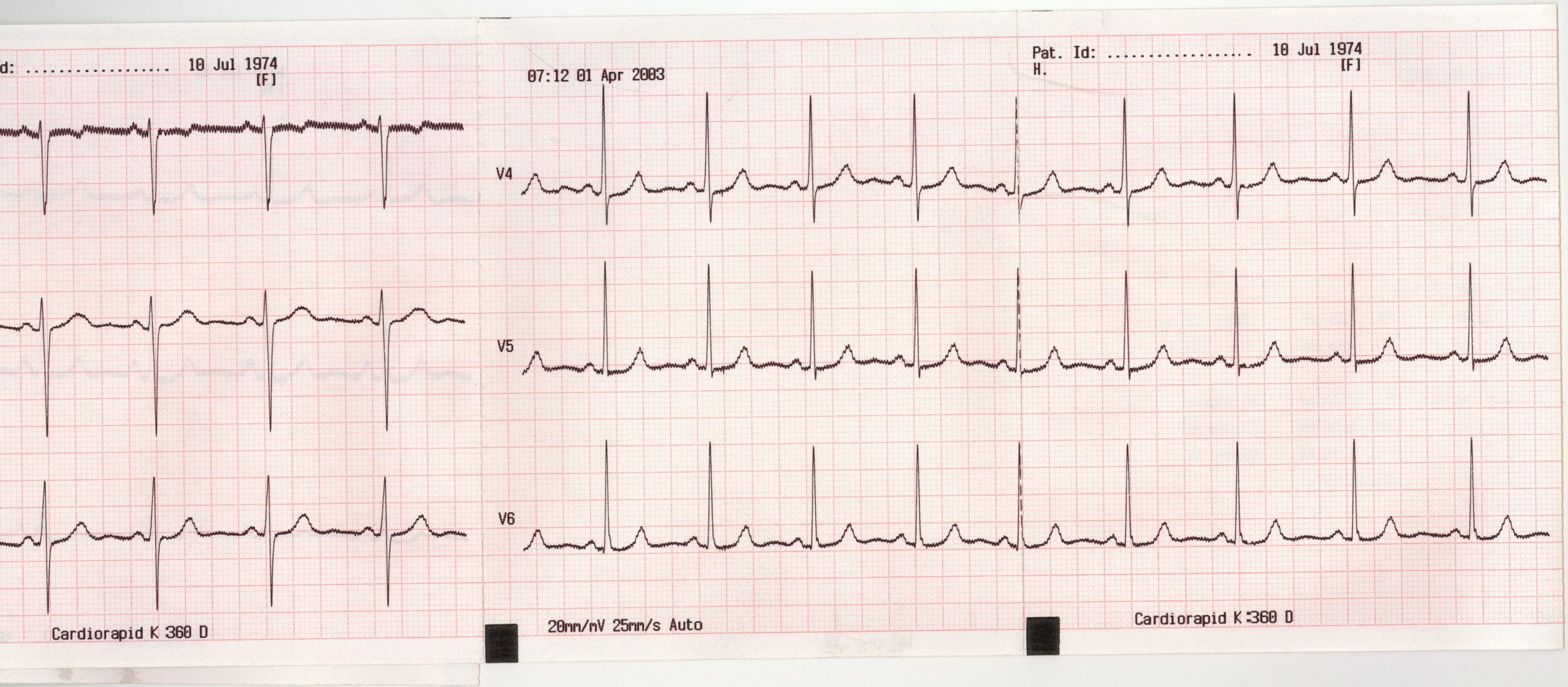Abstract:
Cardiovascular diseases are a leading cause of death worldwide, with risk factors including high blood pressure, high cholesterol levels, smoking, obesity, and physical inactivity. This article explores the crucial role of
lifestyle and diet in maintaining cardiovascular health. Strategies such as regular physical activity, adopting a heart-healthy diet rich in fruits, vegetables, whole grains, and lean proteins, minimizing salt and sugar intake, and practicing stress management techniques are discussed. The potential benefits of these lifestyle modifications in preventing and managing cardiovascular diseases are emphasized, highlighting the importance of public education and individual commitment to cardiovascular health.

Introduction:
Cardiovascular diseases, encompassing coronary heart disease, stroke, and peripheral arterial disease, are a major global health burden, resulting in significant morbidity, mortality, and healthcare expenditures. Despite advancements in medical treatments, preventing the development and progression of cardiovascular diseases remains of paramount importance. This article focuses on the essential role of lifestyle and diet in maintaining cardiovascular health and preventing cardiovascular diseases.
1. Regular Physical Activity:
Physical activity is strongly linked to cardiovascular health. Engaging in regular exercise can improve blood circulation, reduce blood pressure, manage weight, regulate blood cholesterol levels, and enhance overall cardiovascular function. The American Heart Association recommends at least 150 minutes of moderate-intensity aerobic activity or 75 minutes of vigorous-intensity aerobic activity weekly for adults. Incorporating activities such as walking, cycling, swimming, or participating in sports can yield significant cardiovascular benefits.
2. Heart-Healthy Diet:
Adopting a heart-healthy diet is crucial for maintaining cardiovascular health. The Mediterranean diet, for example, emphasizes consuming fruits, vegetables, whole grains, legumes, nuts, seeds, and olive oil while limiting red meat, processed foods, and sugary beverages. This diet is associated with a reduced risk of cardiovascular diseases due to its high content of antioxidants,
vitamins, minerals, and healthy fats. Another recommended approach is the Dietary Approaches to Stop Hypertension (DASH) diet, which focuses on reducing sodium intake, consuming adequate potassium, and incorporating low-fat dairy products and lean proteins.
3. Salt, Sugar, and Fat Intake:
Minimizing salt, sugar, and saturated and trans fat intake is crucial for cardiovascular health. Excessive salt consumption contributes to high blood pressure, a significant risk factor for cardiovascular diseases. Reducing the intake of processed and packaged foods, which are often high in sodium, is advised. Similarly, excessive sugar intake, particularly in the form of sugary beverages, contributes to obesity, diabetes, and cardiovascular diseases. A diet rich in saturated and trans fats is associated with elevated blood cholesterol levels. Replacing saturated fats with unsaturated fats, found in foods like avocados, nuts, and fish, can support heart health.
4. Stress Management:
Chronic stress and unhealthy coping mechanisms can have detrimental effects on cardiovascular health. Stress leads to the release of stress hormones that increase blood pressure and heart rate, promoting inflammation and impairing blood vessel function. Adopting stress management techniques, such as mindfulness meditation, regular exercise, adequate sleep, and engaging in hobbies, can help lower stress levels and improve cardiovascular health.
Conclusion:
Maintaining cardiovascular health is crucial for preventing and managing cardiovascular diseases. Engaging in regular physical activity, following a heart-healthy diet, minimizing salt, sugar, and saturated fat intake, and managing stress are essential lifestyle modifications that positively impact cardiovascular health. Combining these strategies with regular health screenings, avoiding tobacco use, and adhering to prescribed medications can significantly reduce the burden of cardiovascular diseases and improve overall well-being. Public awareness campaigns and individual commitment to making these lifestyle changes are imperative for achieving optimal cardiovascular health.